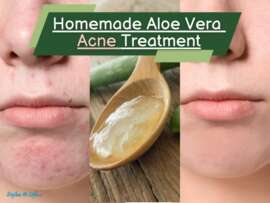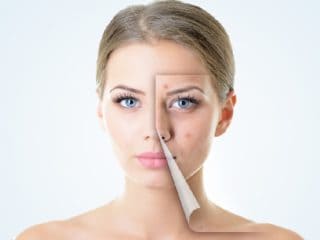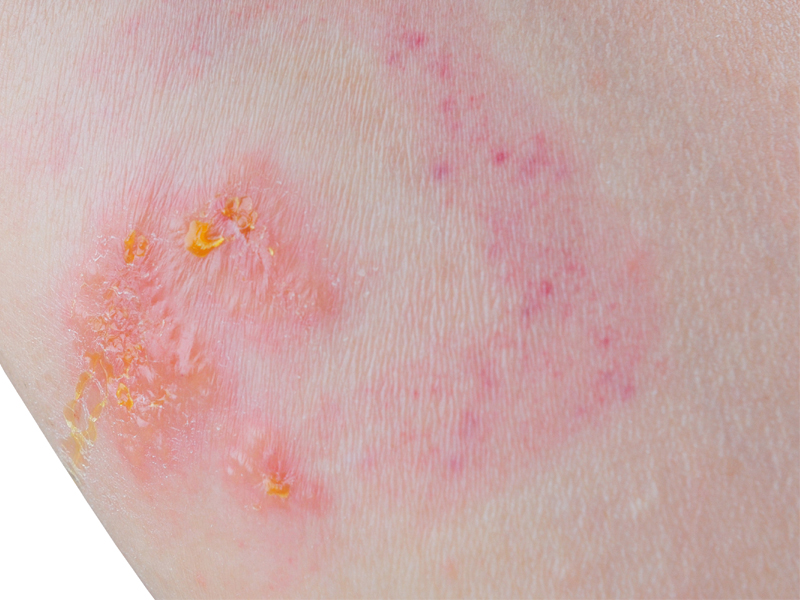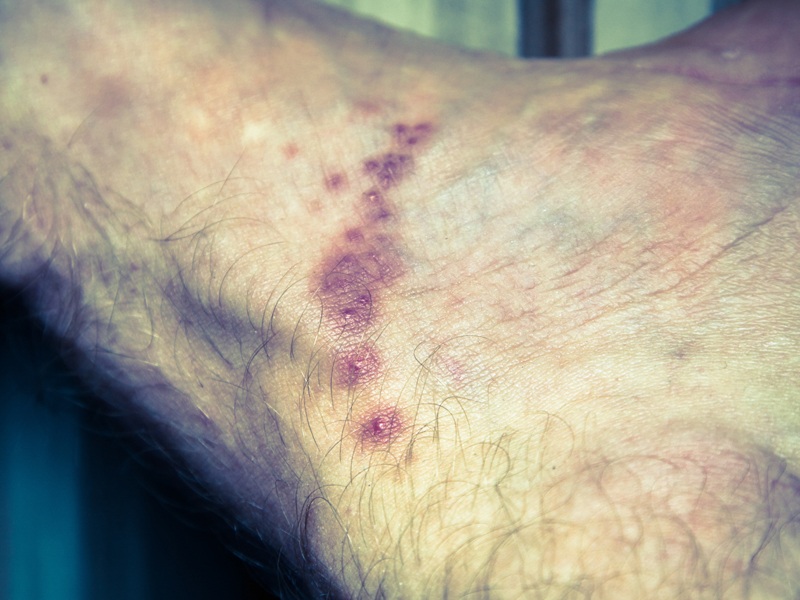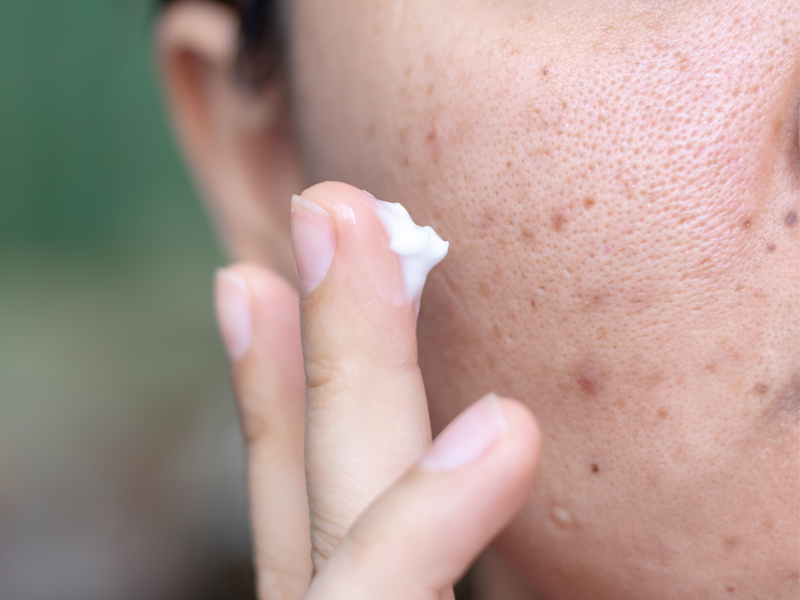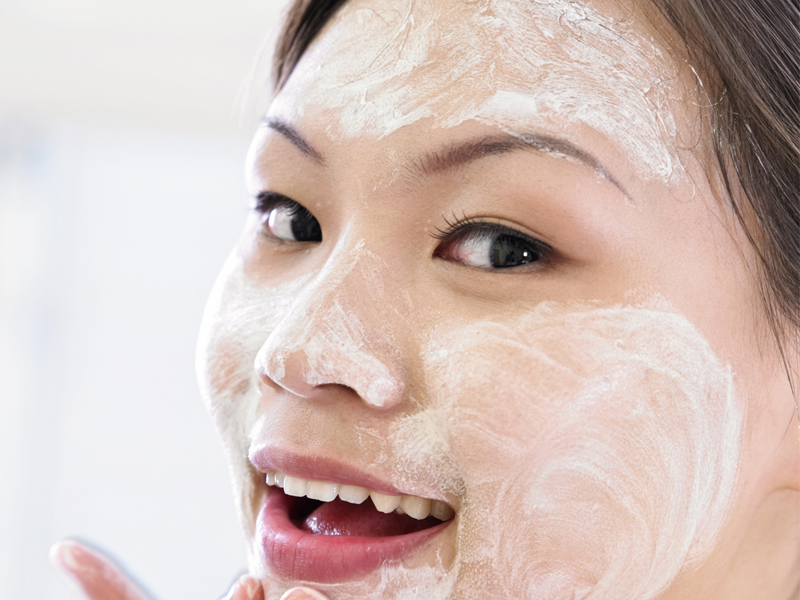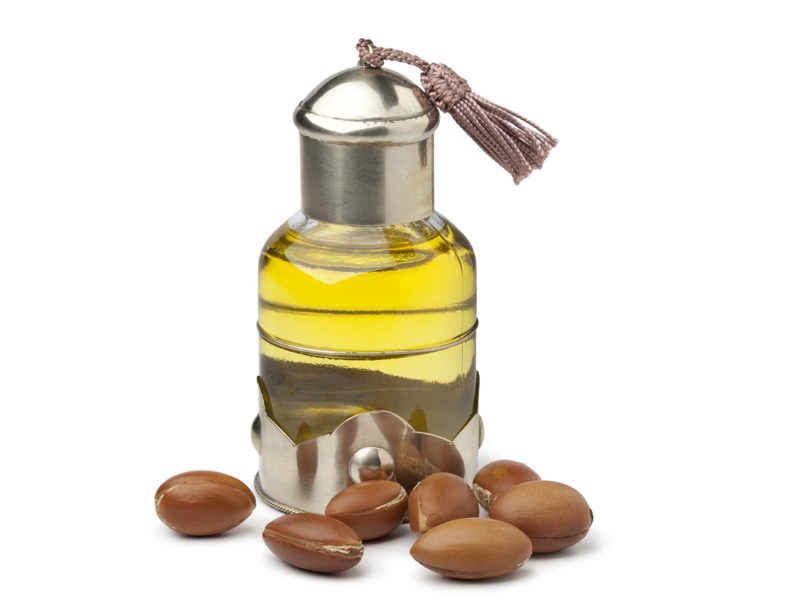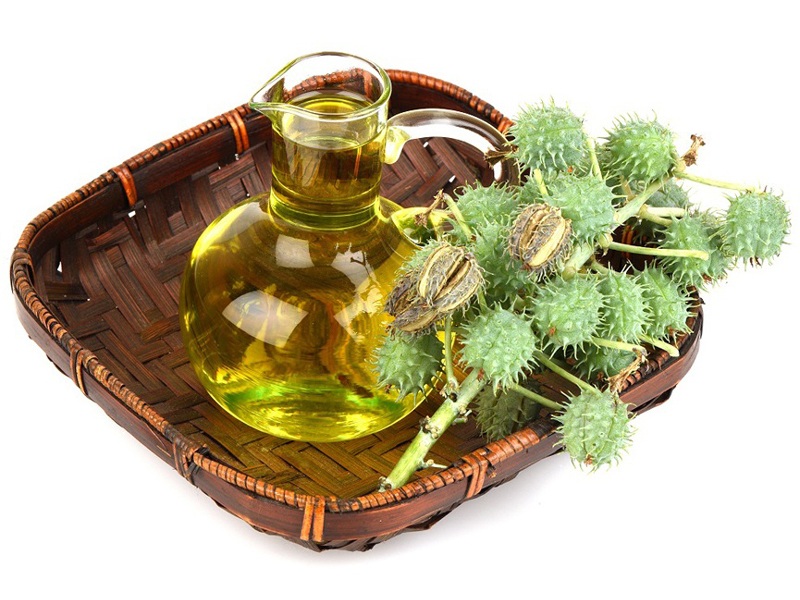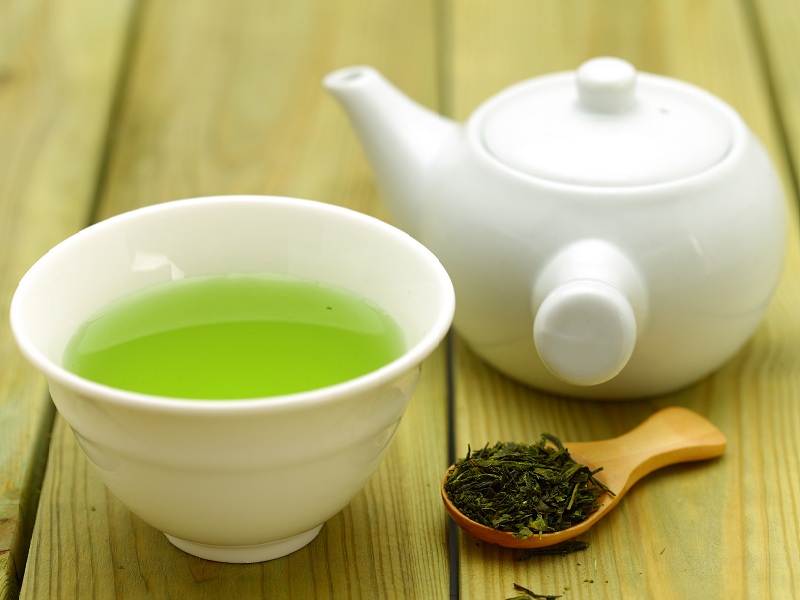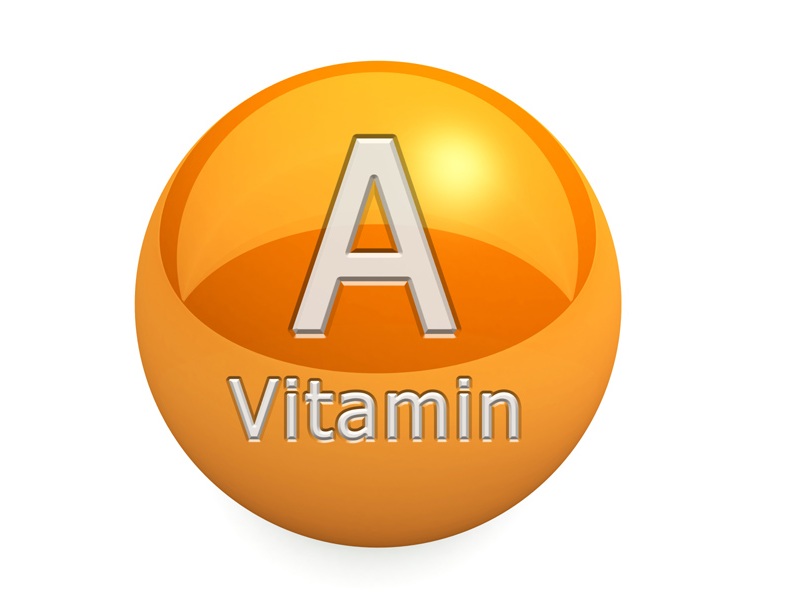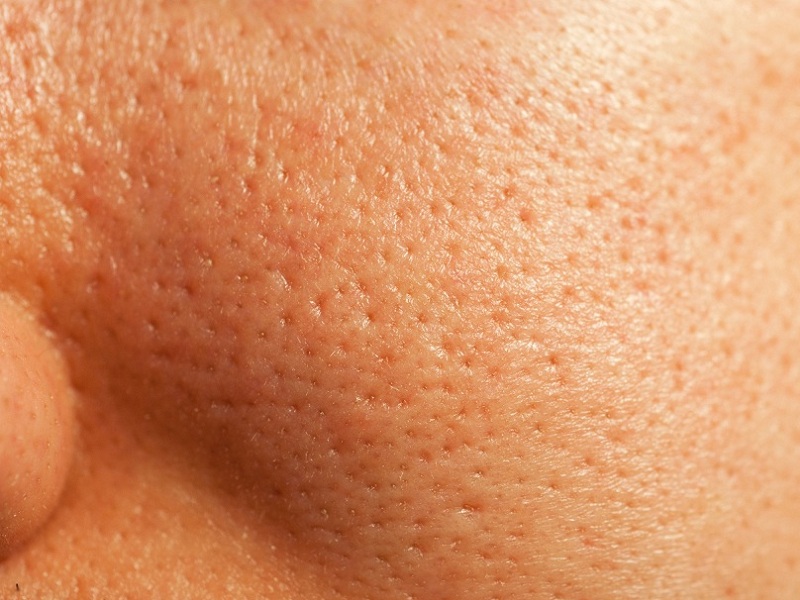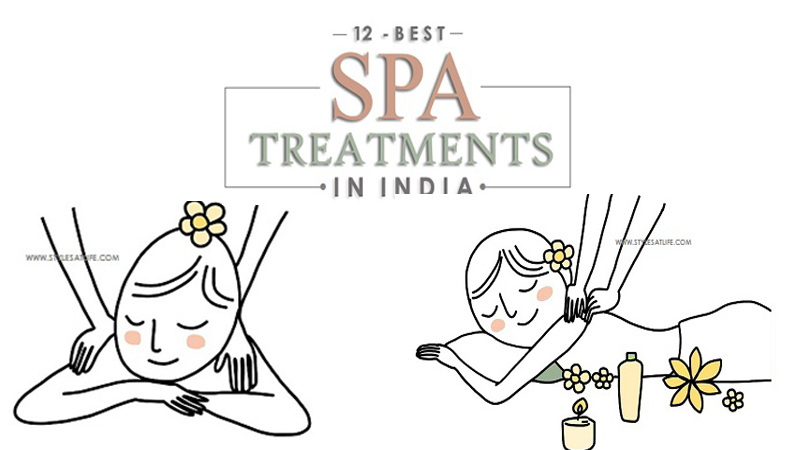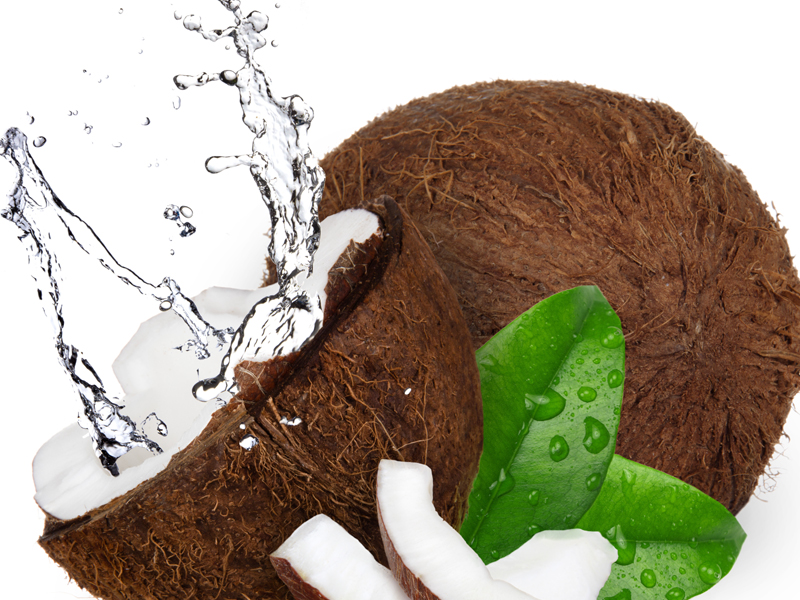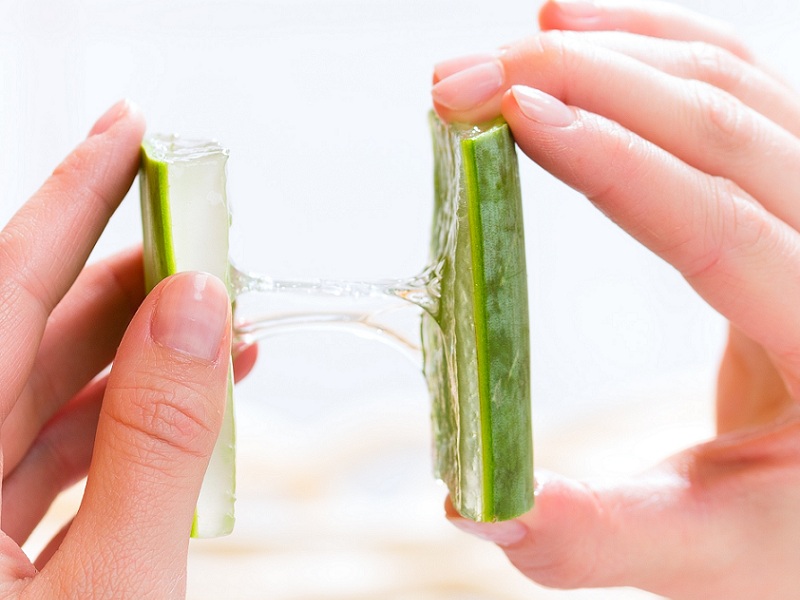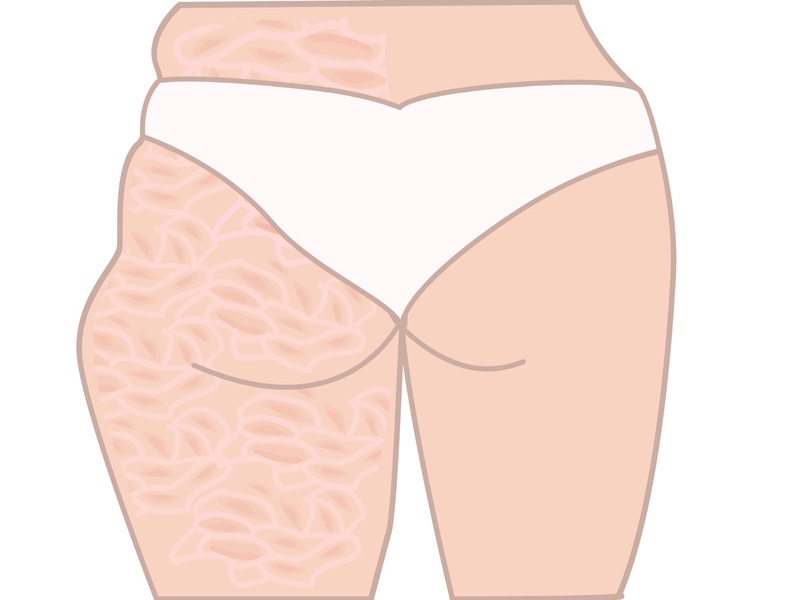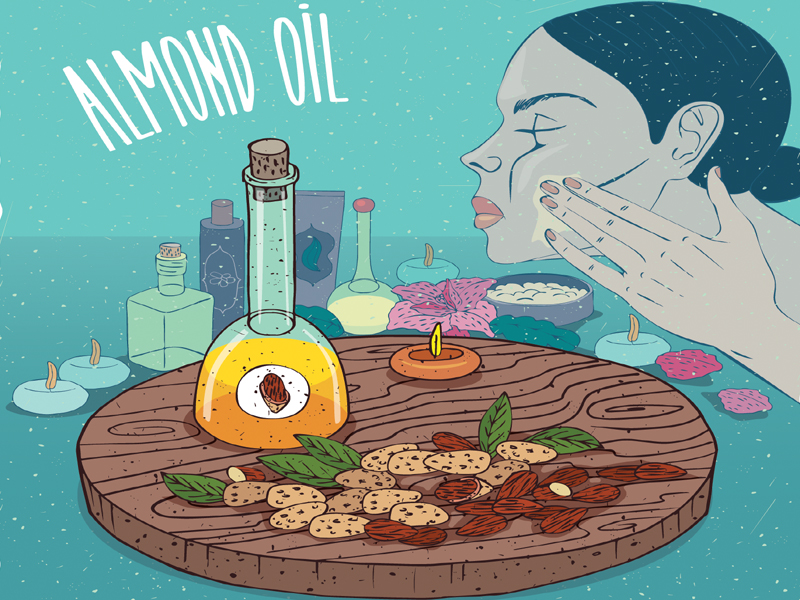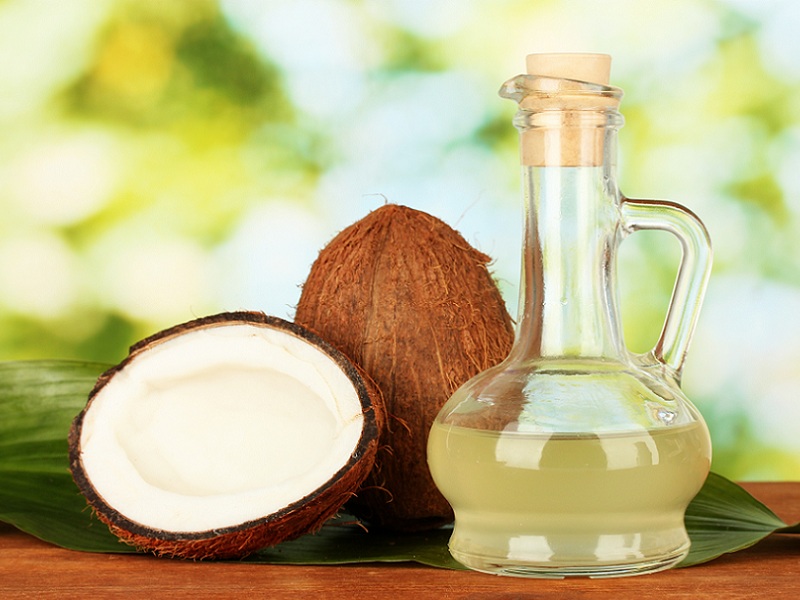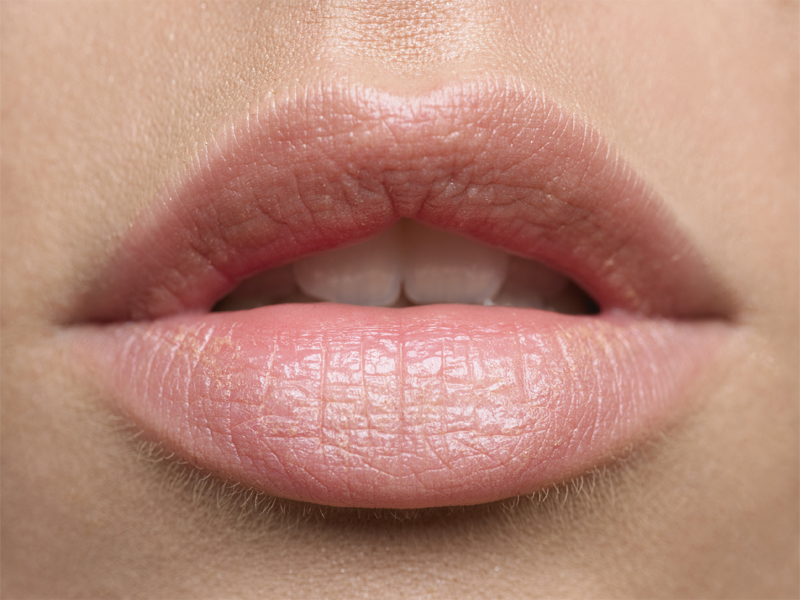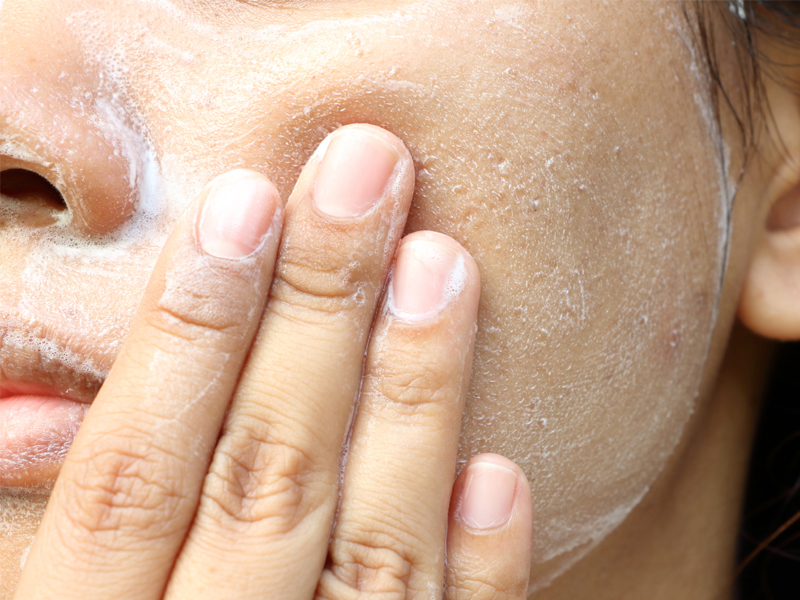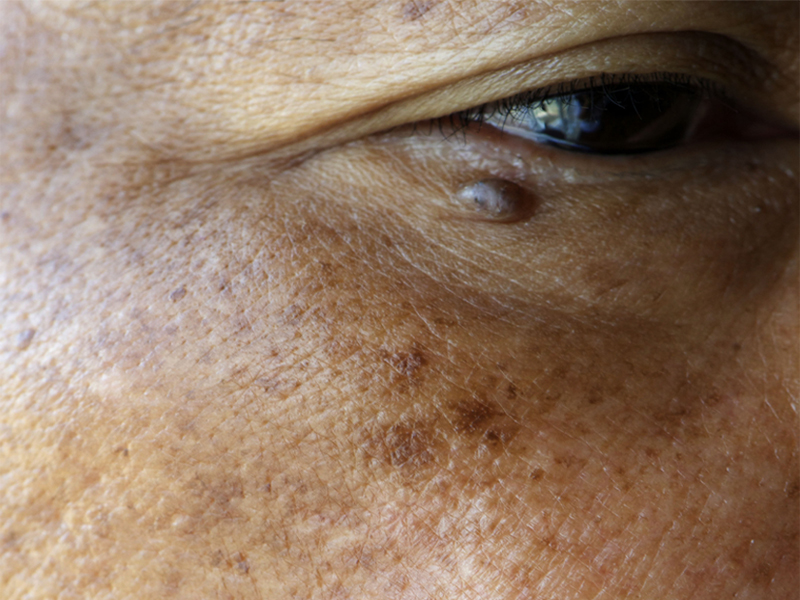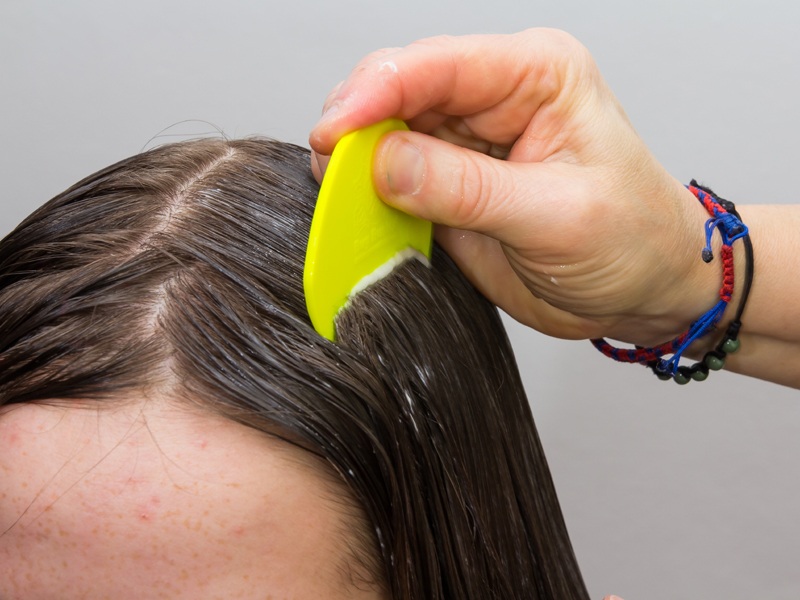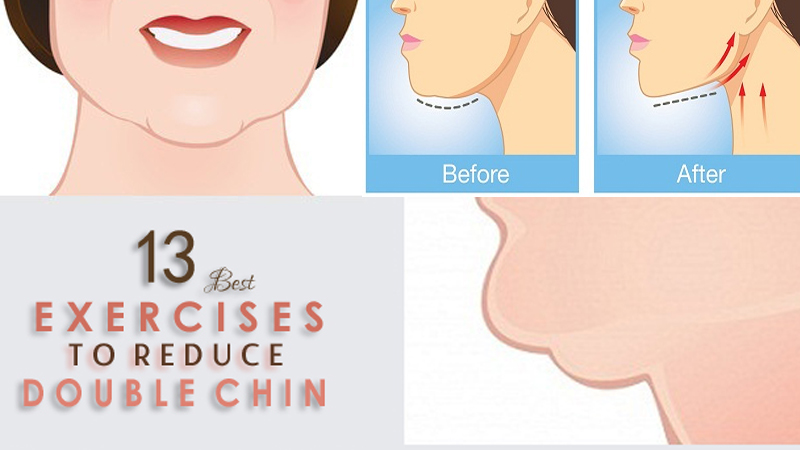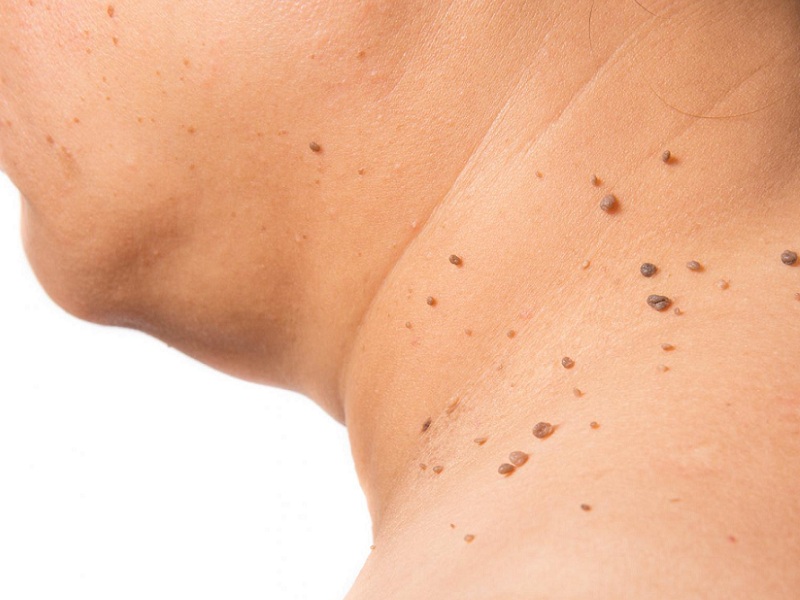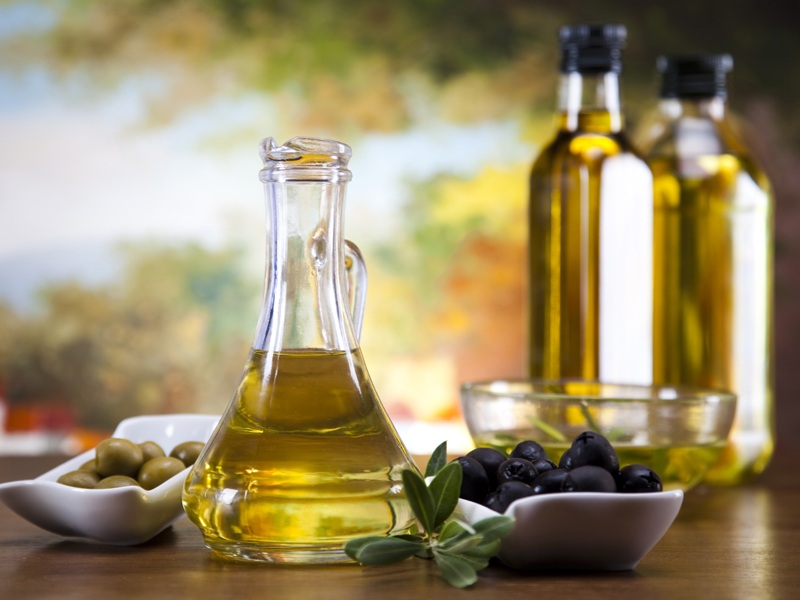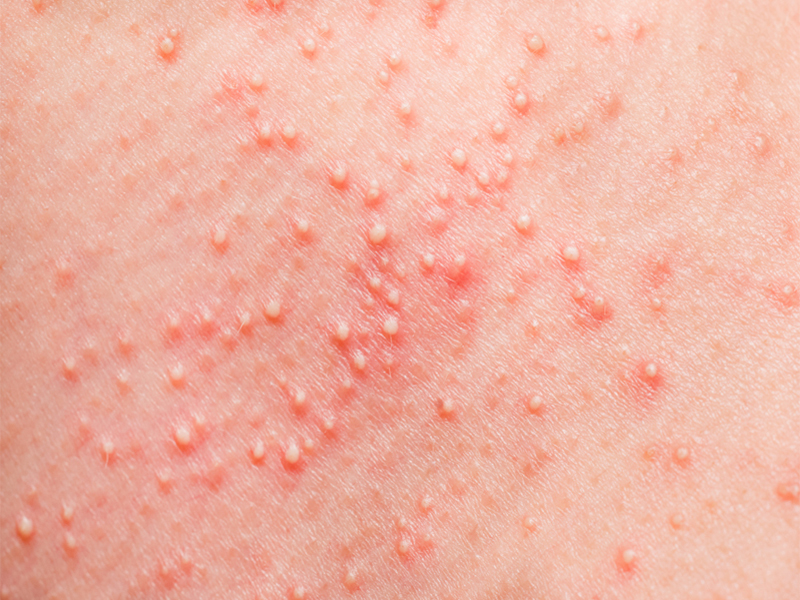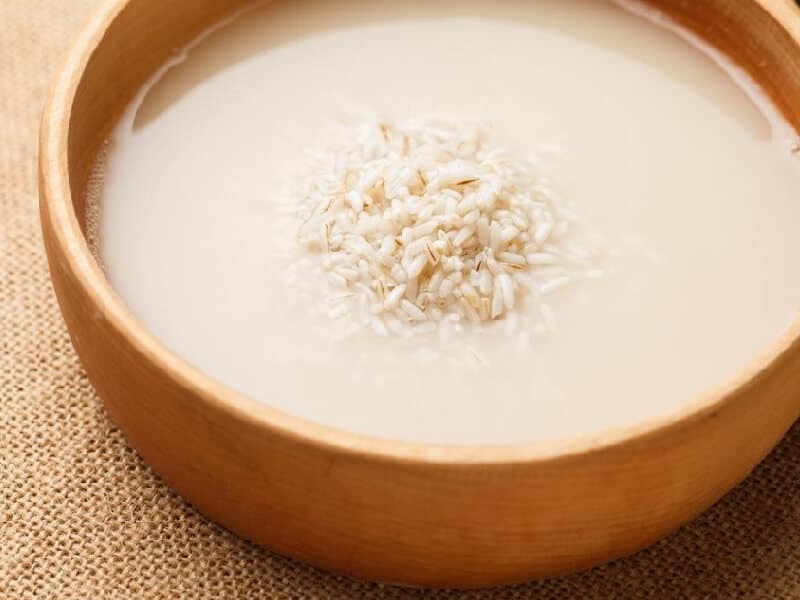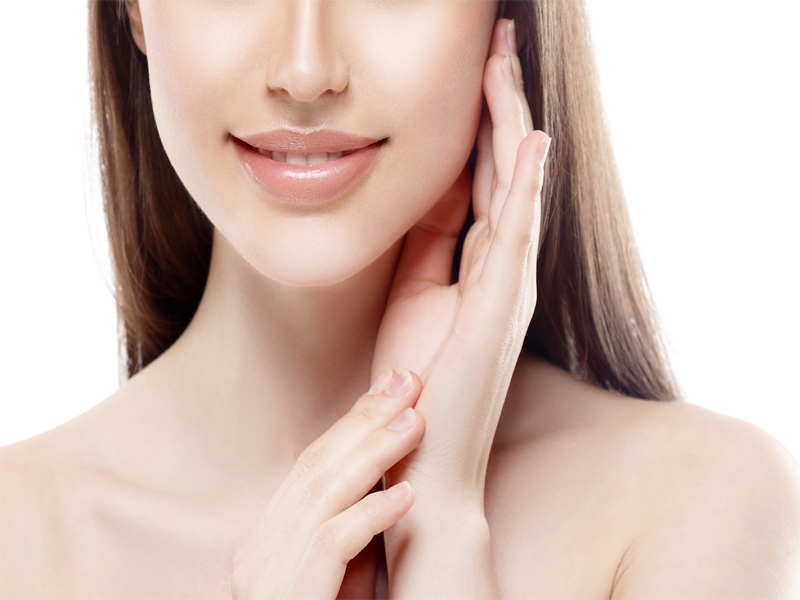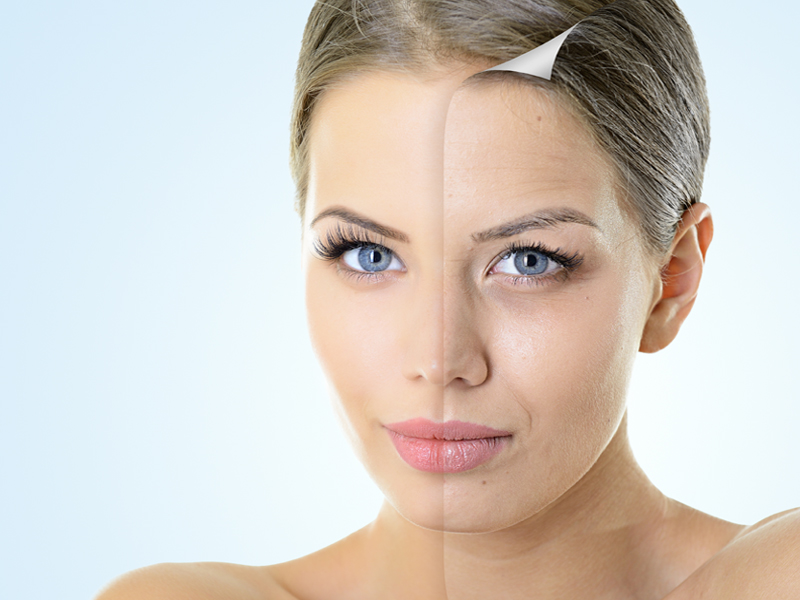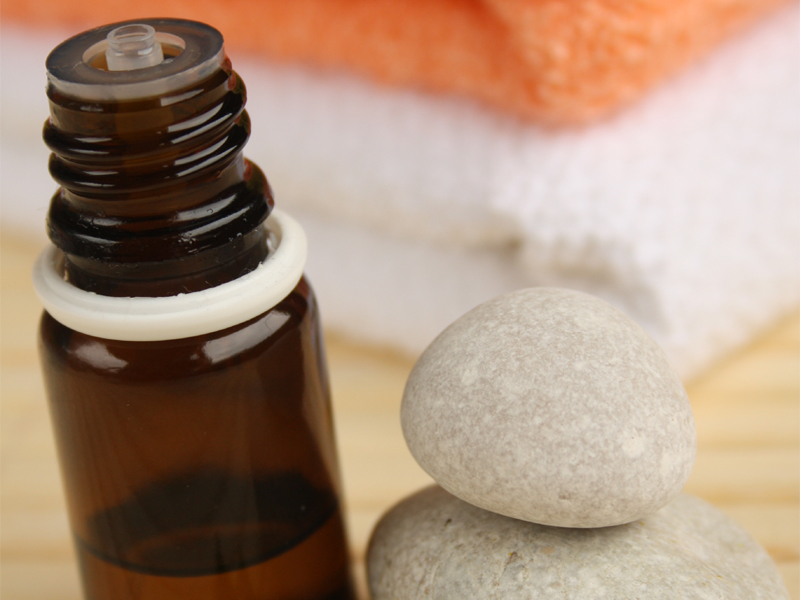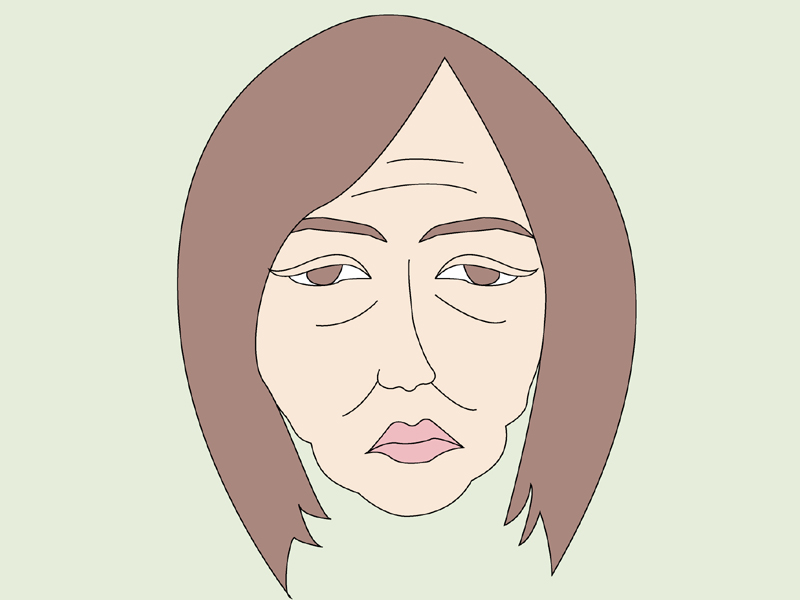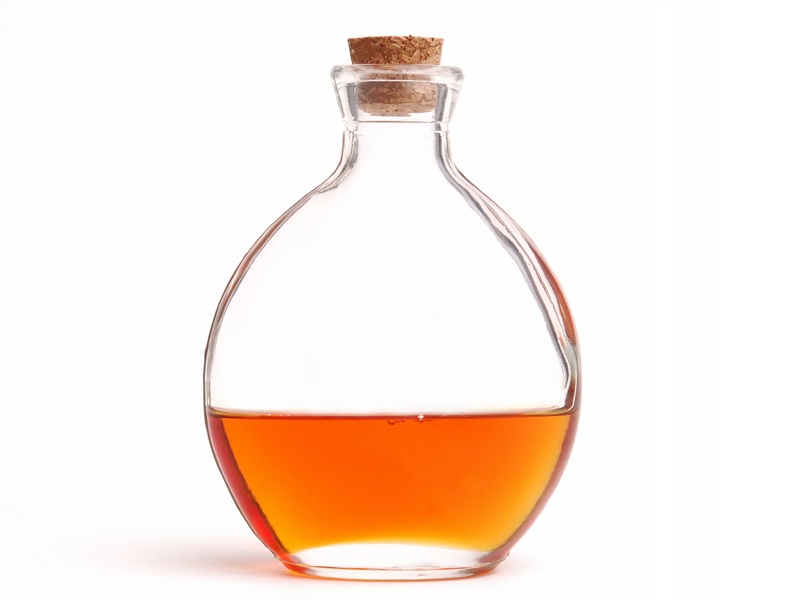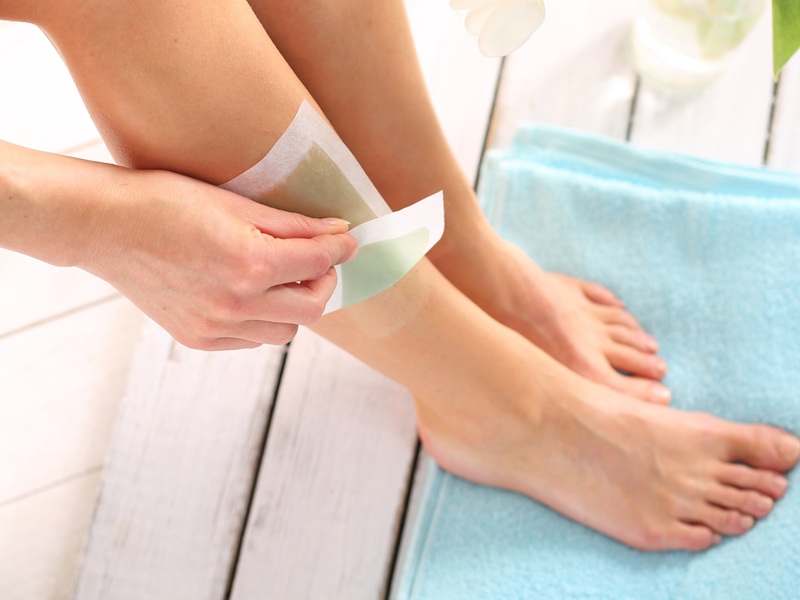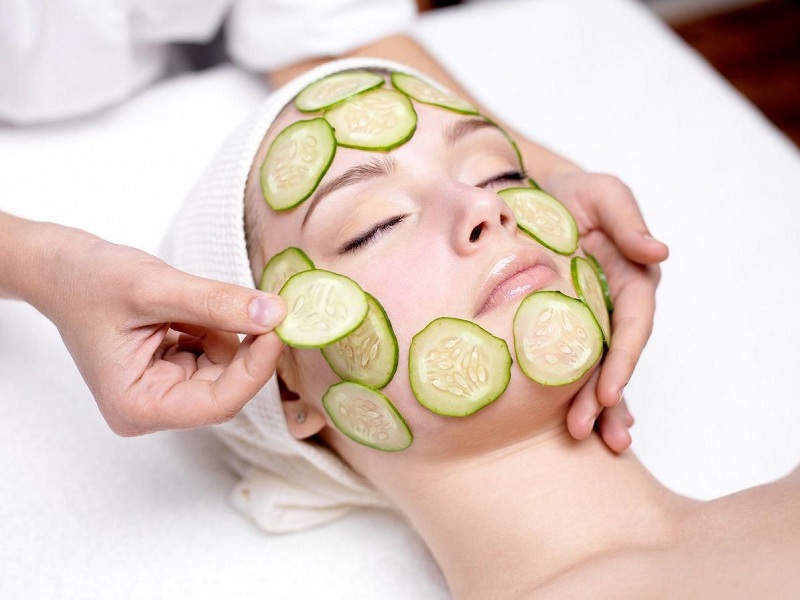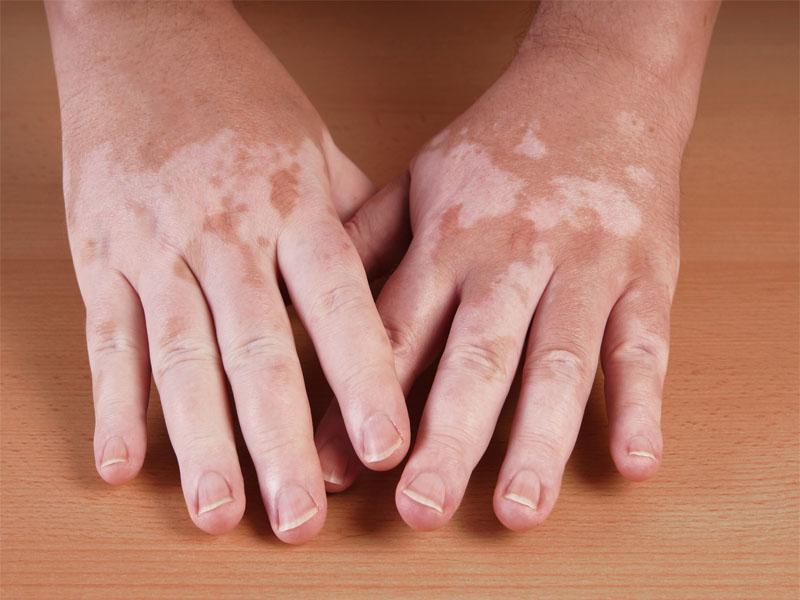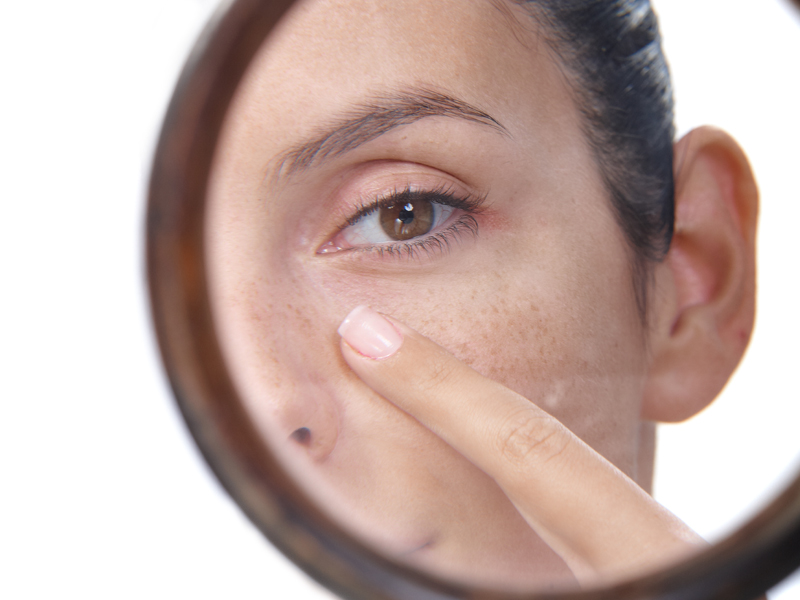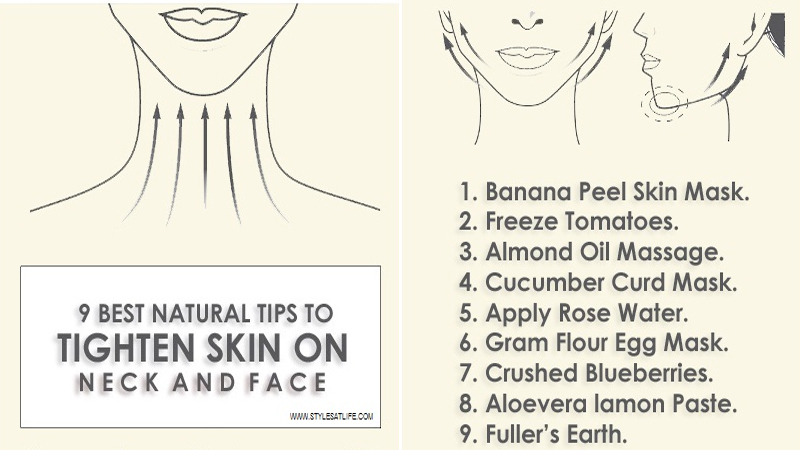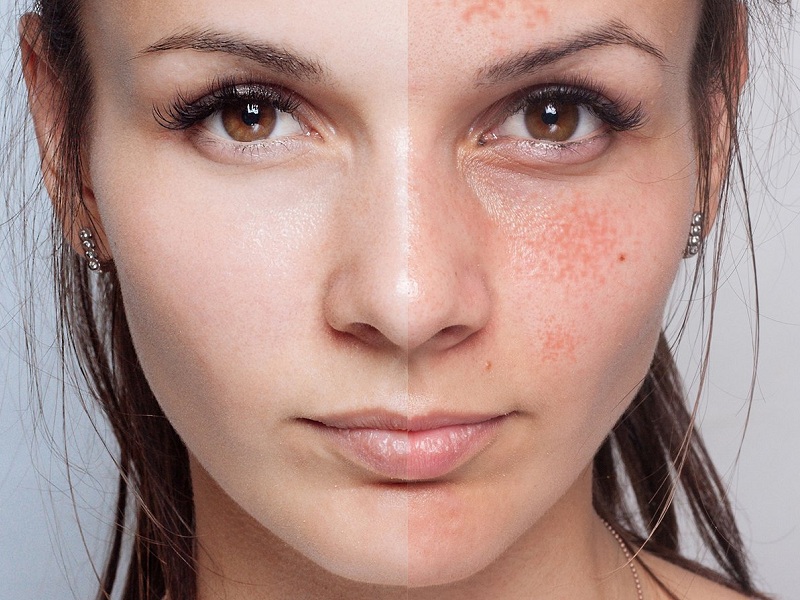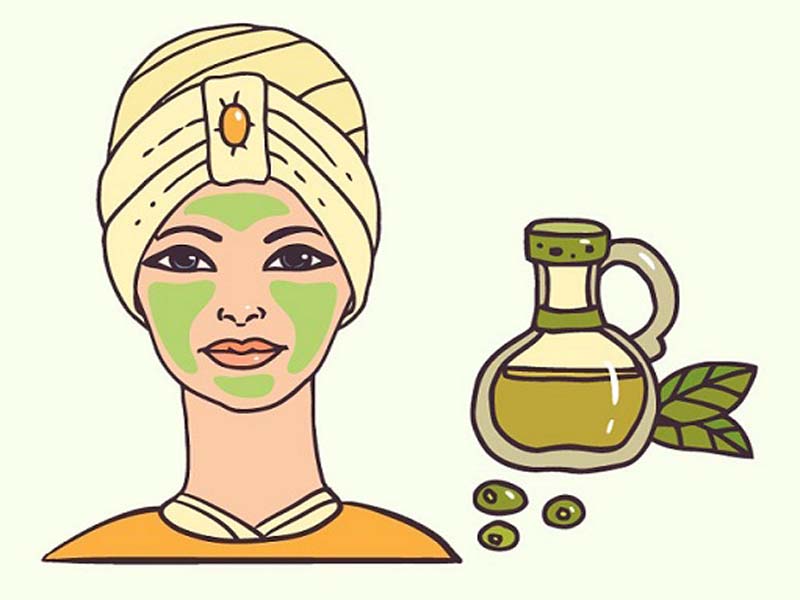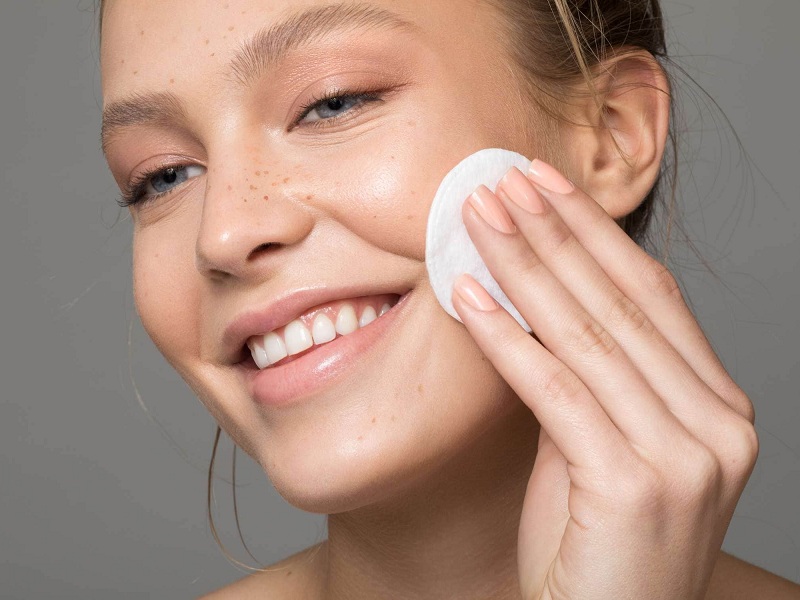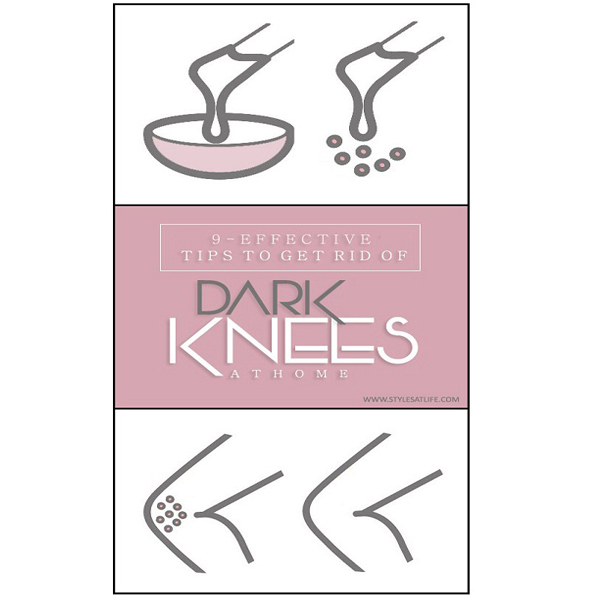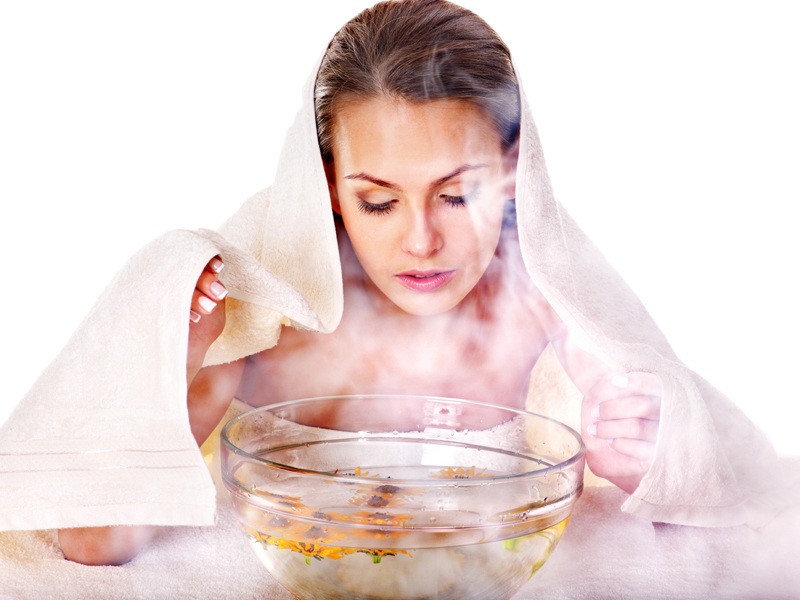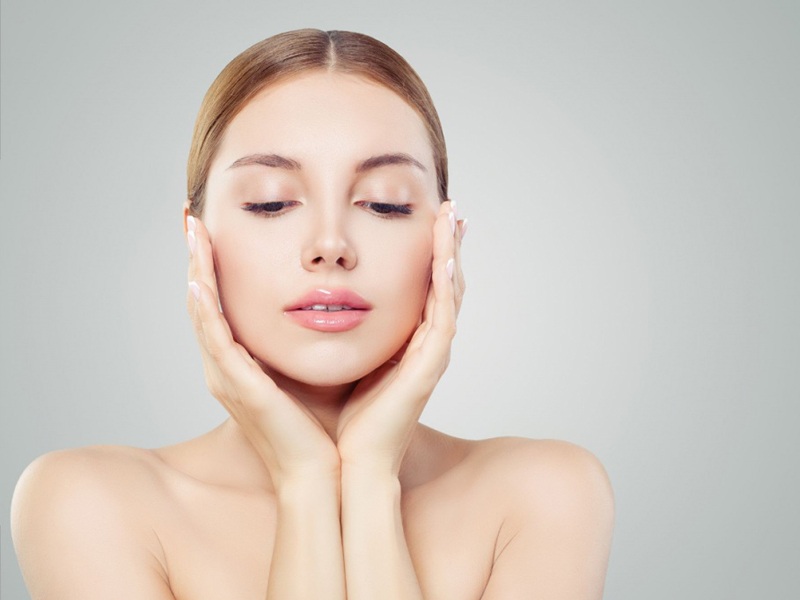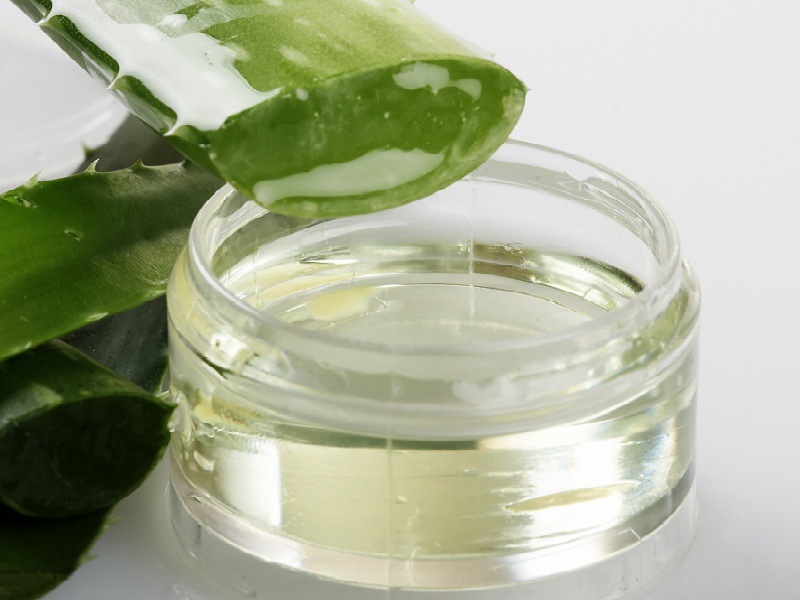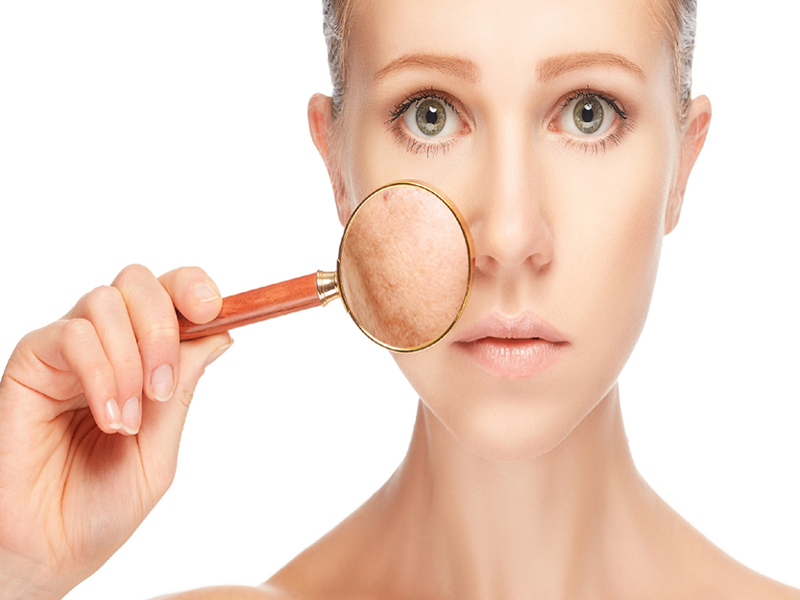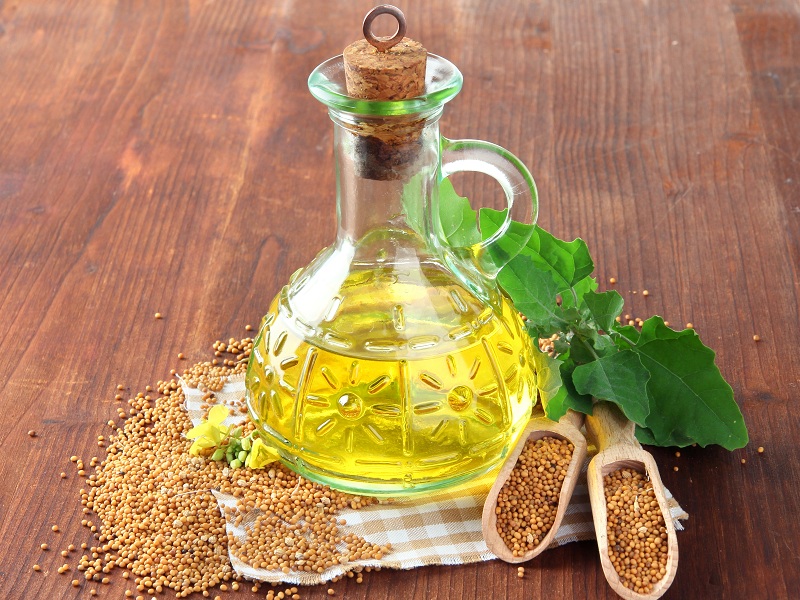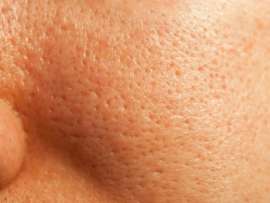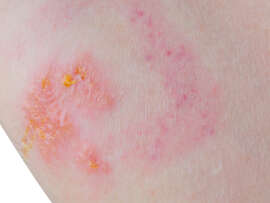Vitamin C in medical terminology is called ascorbic acid or ascorbate, or L-ascorbic acid (chemical formula C6H8O6) is an essential nutrient that keeps the body and the immune system functioning. Vitamin C aids the synthesis of collagen in the body. It helps in wound healing, repair, and maintenance of bones, teeth, cartilage, and tissues. It is also one of the best antioxidants fighting free radicals, and damaging skin cells. Vitamin C helps in the skin regeneration process by neutralising the free radicals and repairing damaged skin cells.
The deficiency of Vitamin C in the body develops a severe condition called Scurvy. The lack of this vitamin in the body makes the collagen very unstable to perform its duties, and several other enzymes do not cooperate.
Different Forms of Vitamin C:
Vitamin C, also termed ascorbic acid, is found in different forms. Here we list you some of the various forms of Vitamin C.
1. L Ascorbic Acid (LAA):
Vitamin C, in its chemically active form, is called LAA. Vitamin C is equally found in L Ascorbic acid and D ascorbic acid, the isomeric molecules which are mutually interchangeable. However, only LAA is biologically available, and hence this is used for medicinal purposes. Ascorbic acid is found abundantly in citrus fruits such as oranges and lemons (1).
2. Magnesium Ascorbyl Phosphate (MAP):
Vitamin C, in its pure form, is very unstable in water. Magnesium Ascorbyl Phosphate (MAP) is a derivative compound of Vitamin C, water-soluble. MAP is a powerful antioxidant and anti-inflammatory agent which prevents sebum oxidation in acne vulgaris. MAP achieves a constant delivery of Vitamin C into the skin, which helps control the sebum excretion from the sebaceous glands, thus treating acne(2).
3. Ascorbyl Palmitate:
This, Ascorbyl Palmitate, is a fat-soluble form of Vitamin C formed from Ascorbic acid and Palmitic acid. Vitamin C is well known for protecting skin from harmful UV rays and sunburns. Research says that Ascorbic Palmitate reduced the cellular levels of reactive oxygen following ultraviolet B irradiation. The use of Ascorbyl Palmitate products helps us prevent skin reddening when exposed to the sun(3).
4. Ascorbic Glucosamine:
Glucosamine is also termed glucosamine sulfate. This natural amino sugar is upgraded with an extra dose of vitamin C. This helps bone health, cartilage, and skin and contributes to collagen formation.
5. Tetrahexyldecyl Ascorbate:
This is the stable, oil-soluble form of Vitamin C, considered an analogue of L Ascorbic acid. Unlike the Magnesium Ascorbyl Phosphate, which is unstable in water, this is fat (lipid) soluble. The study says that Tetrahexyldecyl Ascorbate penetrates the skin because of its solubility. This gels well with other vitamin C and retinol forms for enhanced effectiveness.
6. Sodium Ascorbyl Phosphate:
This is also a stable and water-soluble form of Vitamin C. Sodium Ascorbyl Phosphate functions as an antioxidant that fights the free radicals and helps skin regeneration. This compound represents a stable precursor of Vitamin C and ensures a constant delivery of Vitamin C into the skin. Sodium Ascorbyl Phosphate helps in the prevention and treatment of acne vulgaris.
Benefits of Vitamin C For Skin:
Vitamin C has various skin benefits because of its antioxidant and anti-inflammatory properties. Here is a list of benefits.
- As told earlier, because of the antioxidant property, it fights and neutralises the free radicals, which help in skin regeneration.
- Vitamin C is highly acidic, and due to this, when applied topically on the skin, it is triggered to heal itself by accelerating collagen production.
- Vitamin C helps prevent premature ageing and sagging of the skin by promoting collagen production.
- It aids in healing wounds quickly and helps in preventing scars.
- It helps prevent hyperpigmentation, including age spots and melasma, and acts as a barrier for Ultraviolet rays penetrating the skin.
- Vitamin C prevents and treats one of the common skin problems, “Acne.” Also, it helps fade the dark spots caused by acne.
- The damage caused due to free radicals due to sun exposure causes inflammation, which leads to wrinkles and dark sunspots. Vitamin C acts as a protector against the sun.
- Vitamin C makes the skin appear smooth by activating cells called fibroblasts, which create new collagen.
- MAP, one of the derivatives of Vitamin C, is known to retain moisture on the skin, thus keeping you hydrated.
- The dark circles under the skin can be faded out with the help of Vitamin C products.
Read: 15 Best Vitamin C Rich Foods
How to Use Vitamin C Products:
There are many Vitamin C products available in different forms in the market. Let us discuss how to use these products.
1. Vitamin C Serum:
This is the best and readily available product in the market. There are a variety of vitamin C serums available in the market with small sprinklers.
How to Use:
- Firstly apply a small amount of the serum on the forearm, which can be easily hidden, to check for any allergic reactions.
- If there is no allergic reaction, continue applying the serum gently on the face and massage lightly with your fingers so that the serum penetrates the skin.
- Before applying this serum to the face, clean your face with a face wash to remove the dirt, and then rub your face with a clean towel.
- For good results, apply moisturiser after applying the serum to the face.
- Ideally, this has to be used once or twice per day.
- Ensure that these serums are not exposed directly to the sunlight and store them in a cool place.
2. Vitamin C Oil:
Vitamin C oil is the same as serum, except oils provide nutrition and hydration to the skin. Serums help repair damaged skin. Choose an oil like less concentrated or less acidic vitamin C oil, depending on your skin type.
How to Use:
- All the oils do not go well on all skin types. Hence a small patch on the body should be selected first for any allergic reactions.
- Take some oil in your hand and apply it gently over the area you intend to. If it is the face, you intend to apply on, massage gently in circular motions until the oil penetrates the skin.
- Leave it overnight, and then clean your face with a mild soap.
- For best results, apply it regularly during the night. Avoid using the oil during the daytime so that your skin doesn’t look oily.
- Store this oil in a dry and cool place.
3. Vitamin C Supplements:
In its natural form, Vitamin C is found in many fruits and vegetables like oranges, kiwi, strawberries, broccoli, spinach, etc. The intake of these products daily will maintain the vitamin C content in the body. But if there is a severe deficiency of vitamin C, the doctor suggests you take some vitamin C supplements.
The intake of vitamin C recommended daily for females is 75mg, and for males, it is 90mg.
How to Use:
- As possible, consume only natural foods where vitamin C is abundantly available. The best sources are red sweet pepper, orange juice, grapefruit juice, and kiwi fruits.
- Eat leafy vegetables such as spinach to meet the requirement.
- As per the doctor’s advice, take 1 or 2 pills of vitamin C per day. Avoid using supplements if you experience any side effects.
- Always medicines should be stored in a dry and cool place.
4. Vitamin C Soap:
Vitamin C soap accelerates skin collagen production to give you firmer and plump skin and smooth out wrinkles and fine lines.
How to Use:
- Any product before using should be tested on a small patch area for any allergic reactions. The same holds for this soap as well.
- If no allergic reaction is seen, first use this soap to wash your face for at least 2-3 days and then start using it on your body.
- Make sure that the soaps are not being exposed directly to sunlight.
Side Effects of Using Vitamin C Products:
- Since vitamin C is acidic, it leaves burns and redness for sensitive skinned types.
- The citrus content present in vitamin C irritates sensitive skin.
- A high dosage of Vitamin C in supplemental form can cause digestive distress like diarrhea, nausea, and even kidney stones.
- Excessive supplementation of Vitamin C causes iron overdosage, affecting your heart, pancreas, liver, thyroid, and central nervous system.
Final Thoughts:
Vitamin C is a boon for the skin and face and can do wonders if used in limited quantities. Head up to your grocery store to pick up the Vitamin C products to try them on your skin, and don’t forget, we are all ears and eyes open to know your experiences.






